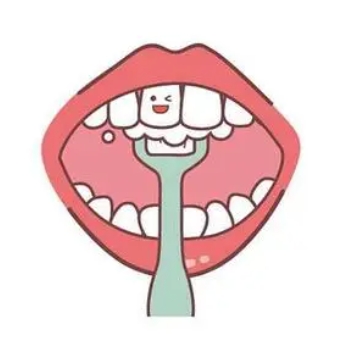Do sugar-free drinks have any impact on oral health?
Do sugar-free drinks have any impact on oral health?
We know that the sugar content in drinks is relatively high, which has a greater impact on people’s oral health. In order to meet the needs of various aspects, many drinks have launched sugar-free versions. So won’t sugar-free drinks harm the oral cavity?
Specifically, both sugary and sugar-free soft drinks (including flavored mineral waters) can produce severe tooth decay, with no significant difference in effect between the two groups. A study by the University of Melbourne that evaluated 23 beverages showed that of the eight sports drinks tested, all but two (with higher calcium content) were found to cause tooth enamel erosion. Studies have also found that sugar-free drinks can cause 30% to 50% of tooth enamel softening, and sugar-free sodas and candies may be more harmful than real drinks and candies.

The results of this study sound quite surprising. After all, we have all known since childhood that eating sweets will lead to tooth decay, but now we say: This is not the case. The researchers' explanation for this is that the problem lies in "acid". For example, sugar-free Coke has no sugar, but for the sake of taste, more citric acid and phosphoric acid are added to it, which actually hurts the teeth more.
It's not sugar that hurts teeth, but acid?
Many people know that "eating sugar can lead to tooth decay." However, simply eating sugar will not cause tooth decay. The occurrence of tooth decay often requires four factors, namely susceptible people, carbohydrates (sugar), bacteria and effects. time.
The formation of dental caries is related to some pathogenic bacteria in the oral cavity. These bacteria will mix with saliva and food debris and firmly adhere to the tooth surface and pits and fissures to form plaque. A large number of bacteria in the plaque produce acid, causing the enamel surface under the plaque to decalcify and dissolve, ultimately damaging the teeth themselves.
In other words, the root cause is still "acid". It is precisely because of eating too much sugar and not cleaning well that harmful bacteria in the mouth proliferate and form plaque. Finally, the bacteria in the plaque produce a large amount of acid, finally destroying a good tooth. In addition, there is also a kind of tooth erosion, which is inseparable from "acid".
Dental erosion causes teeth to become white but not shiny, with small pieces peeling off, making the tooth surface mottled, and causing toothaches when exposed to hot or cold stimulation. This is typically caused by sugar and carbonic acid staying in the mouth for a long time and corroding the tooth surface, causing the tooth incisal surface to become thinner, the teeth to become brittle, and also to become sensitive.
In fact, a variety of acidic foods can cause dental problems. A large number of in vitro studies have found that carbonated drinks and orange drinks are far more harmful to tooth enamel than mineral water and milk drinks. Acidic drinks not only contain a large amount of adhesive acid, which is easy to adhere to the tooth surface, but also has low mineral content. Too little can easily lead to tooth erosion.



